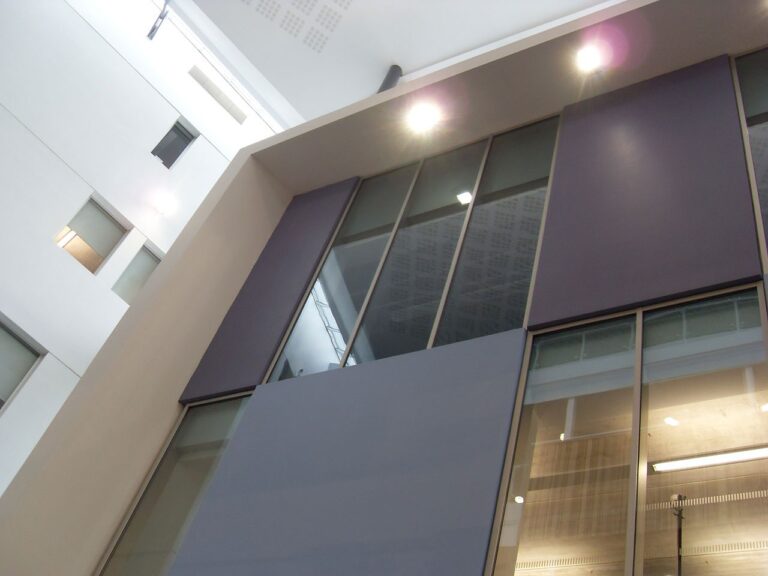The Benefits of Student Exchange Programs for Anthropology Students: All pannel.com, Lotus book 365, Laserbook247
all pannel.com, lotus book 365, laserbook247: Student exchange programs offer a wealth of benefits for anthropology students looking to expand their academic horizons and gain valuable real-world experience. These programs provide students with the opportunity to immerse themselves in different cultures, learn new languages, and conduct fieldwork in various parts of the world. In this article, we will explore the advantages of student exchange programs for anthropology students and how they can enhance their learning and future career prospects.
Cultural Immersion
One of the primary benefits of student exchange programs for anthropology students is the opportunity to immerse themselves in a different culture. By living and studying in a foreign country, students can gain first-hand experience of the customs, traditions, and beliefs of the local population. This unique perspective allows students to develop a deeper understanding of cultural diversity and the complexities of human societies.
Language Acquisition
Another significant advantage of student exchange programs is the chance to learn a new language. Anthropology students can enhance their linguistic skills by immersing themselves in a foreign language environment and interacting with native speakers on a daily basis. Language proficiency is essential for conducting fieldwork and research in anthropology, and student exchange programs provide an excellent opportunity to improve communication skills in a practical setting.
Fieldwork Opportunities
Student exchange programs offer anthropology students the chance to engage in hands-on fieldwork in diverse cultural settings. Fieldwork is an integral part of anthropological research, allowing students to apply theoretical knowledge in real-world contexts and gain practical experience in data collection and analysis. By participating in fieldwork projects during their exchange program, students can develop valuable research skills and build a strong foundation for their future careers in anthropology.
Networking and Collaboration
Student exchange programs facilitate networking and collaboration with students and professors from different universities and research institutions around the world. These connections can lead to valuable research partnerships, academic collaborations, and career opportunities in the field of anthropology. By interacting with peers and professionals from diverse cultural backgrounds, students can expand their professional network and gain insights into global issues and perspectives.
Interdisciplinary Learning
Participating in a student exchange program allows anthropology students to explore interdisciplinary approaches to research and study. By attending courses and seminars in related fields such as sociology, archaeology, and cultural studies, students can gain a broader understanding of human societies and cultures. This interdisciplinary perspective is crucial for addressing complex societal issues and conducting comprehensive research in anthropology.
Personal Growth and Development
In addition to academic and professional benefits, student exchange programs also promote personal growth and development. Living abroad, adapting to a new environment, and overcoming challenges can help students build resilience, independence, and intercultural competence. These experiences can enhance students’ self-confidence, adaptability, and cross-cultural communication skills, which are essential qualities for success in the field of anthropology.
Frequently Asked Questions (FAQs)
Q: How can I find out more about student exchange programs for anthropology students?
A: You can contact your university’s international office or anthropology department to inquire about available exchange programs and application procedures.
Q: Are student exchange programs expensive?
A: The cost of participating in a student exchange program can vary depending on the destination, duration, and program provider. However, many universities offer scholarships, grants, and financial aid options to support students’ international experiences.
Q: How long do student exchange programs typically last?
A: Student exchange programs can last anywhere from a few weeks to a full academic year, depending on the specific program and university requirements. Students can choose the duration that best fits their academic and personal goals.
In conclusion, student exchange programs offer a wide range of benefits for anthropology students, including cultural immersion, language acquisition, fieldwork opportunities, networking, interdisciplinary learning, and personal growth. By participating in exchange programs, students can enrich their academic experience, expand their professional network, and gain the skills and knowledge needed to succeed in the field of anthropology. If you are an anthropology student looking to broaden your horizons and explore new cultures, consider participating in a student exchange program to enhance your academic journey and future career prospects.







